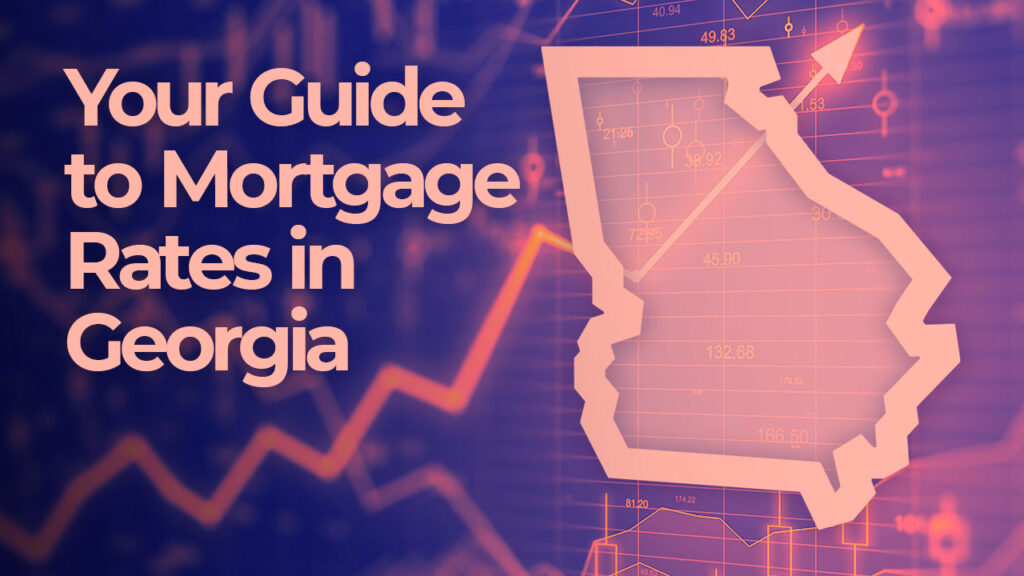Finding yourself in a tight spot and needing quick cash? A small emergency loan might be your solution. But with so many options available, choosing the right one can feel overwhelming. This guide breaks down the best choices for securing a small emergency loan today, helping you navigate the process with confidence.
Understanding Your Needs
Before diving into loan options, honestly assess your financial situation. How much money do you need? What’s your repayment capacity? Answering these questions will guide you towards the most suitable loan type.
Payday Loans
Payday loans are short-term, high-interest loans designed to be repaid on your next payday. They are quick and easy to obtain but come with significant fees.  Consider this option only as a last resort due to the high cost. Learn more about the risks of payday loans.
Consider this option only as a last resort due to the high cost. Learn more about the risks of payday loans.
Personal Loans from Banks
Traditional banks offer personal loans with varying interest rates and repayment terms. While the application process might take longer, you’ll likely secure a lower interest rate compared to other options. 
Online Personal Loans
Many online lenders specialize in personal loans, often offering a faster application and approval process than banks. Compare interest rates and fees carefully before choosing a lender. Check out our comparison table of online lenders.
Credit Unions
Credit unions are member-owned financial cooperatives that often provide more favorable loan terms than banks or online lenders, especially for members with good credit history. Find a credit union near you.
Lines of Credit
A line of credit allows you to borrow money up to a pre-approved limit, giving you flexibility in how much you borrow and when. Repayment is typically based on the amount you use.
Secured Loans
Secured loans require collateral, such as a car or savings account. If you default, the lender can seize your collateral. This usually results in lower interest rates.
Peer-to-Peer (P2P) Lending
P2P lending platforms connect borrowers with individual investors. Interest rates can vary widely depending on your creditworthiness and the platform’s policies. 
Family and Friends
Borrowing from family or friends can be a less formal and often more affordable option. However, it’s crucial to have a clear written agreement to avoid misunderstandings.
Pawnshops
Pawnshops offer short-term loans secured by personal items. You’ll receive a loan in exchange for your item, which can be reclaimed upon repayment. Learn more about responsible pawning.
Small Business Loans (if applicable)
If you’re a small business owner facing a cash flow emergency, explore small business loan options. The SBA offers resources and programs to help small businesses obtain funding.
Title Loans
Title loans use your vehicle’s title as collateral. Similar to secured loans, they come with the risk of vehicle repossession if you fail to repay.
Credit Cards (Cash Advance)
While not ideal, a cash advance on your credit card can provide immediate funds. However, be aware of the high interest rates and fees associated with cash advances. Understand credit card interest.
Salary Advances
Some employers offer salary advances to employees facing financial emergencies. This is a helpful option if your employer provides this benefit.
Microloans
Microloans are small loans designed to help individuals start or grow a small business. Eligibility criteria and interest rates vary by lender. Explore microloan opportunities.
Choosing the Right Lender
Carefully compare interest rates, fees, repayment terms, and the lender’s reputation before committing to a loan. Read reviews and check the lender’s licensing and registration information.
Conclusion
Securing a small emergency loan requires careful consideration of your needs and available options. By understanding the pros and cons of each type of loan, you can make an informed decision that aligns with your financial situation. Remember to always borrow responsibly and only take on what you can comfortably repay.
Frequently Asked Questions
What is the fastest way to get a small emergency loan? Payday loans are typically the fastest but come with high fees. Online lenders also often offer quick approval processes.
What is the cheapest way to borrow money? Loans from credit unions or banks typically offer lower interest rates than other options, especially for borrowers with good credit.
What happens if I can’t repay my loan? The consequences vary depending on the loan type. You might face late fees, penalties, damage to your credit score, or even asset repossession (for secured loans).
How can I improve my chances of loan approval? Having a good credit score, stable income, and a clear repayment plan will significantly improve your chances.
Where can I find more information on responsible borrowing? Many reputable financial websites and government agencies provide resources on responsible borrowing practices and financial literacy.


